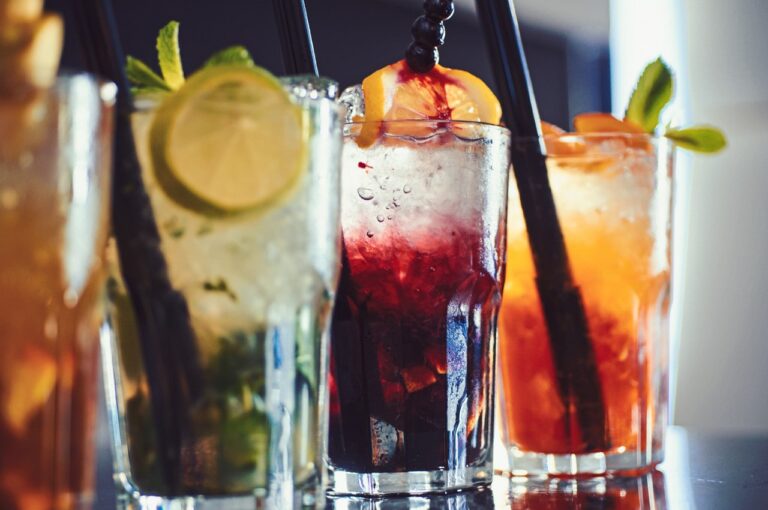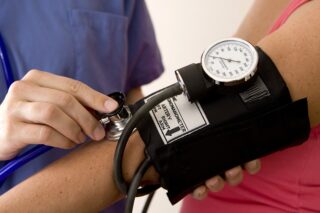
Drinking alcohol is a known risk factor for those with atrial fibrillation (AFib) or irregular and rapid heartbeat, which is a condition that often comes with no symptoms. Until now, binge drinking was believed to be more dangerous than other drinking habits with regard to AFib. A recent study published in EP Eurospace, the Journal of the European Society of Cardiology, indicates that frequent alcohol consumption is the primary risk when it comes to AFib.
Binge-Drinking vs. Frequent Drinking
Previous studies indicate that a connection exists between alcohol consumption and atrial fibrillation. When it comes to AFib, though, the medical community has always recommended focusing on how much you drink in one session (binge drinking) as opposed to how often you drink (frequency of alcohol consumption). The risk of AFib increases by 8 percent for every 12 grams of alcohol consumed each week. What was unclear was if the amount of alcohol consumed in a single sitting changed those numbers in any way.
Frequency Presents a Higher risk
An October 2019 study from researchers out of Korea University College of Medicine and Korea University Anam Hospital found the opposite is true. This study looked at almost one billion patients who participated in the country’s national health check-up program. Researchers followed the group from 2009 to 2017.
The focus of the study was the influence of drinking frequency as opposed to the amount of alcohol consumed in one session. The study found:
- Patients who drink once a week had the lowest risk
- Patients who drink daily had the highest risk
The results indicate a 41 percent risk of AFib for someone who drinks daily. The individual who drinks once a week has a 7 percent risk of atrial fibrillation. Age and gender do not appear to influence the risk level.
Although the amount of alcohol consumed was not the most significant risk, it does factor in heavily. The study authors state that the risk of AFib increases by 2 percent for every additional gram of alcohol per week. Compared to mild alcohol consumption:
- No alcohol = 8.6 percent risk
- Moderate amounts of alcohol consumption = 7.7 percent risk
- High amounts of alcohol consumption = 21.5 percent risk
It’s unclear if mild drinking might offer a benefit over no alcohol consumption, though. The study authors claim that more research is necessary to prove that true.
It’s important to note that this study only looked at new-onset AFib. It didn’t include participants who had a history of the condition at the time of the checkup.
If you or a loved one are living with a heart rhythm disorder such as atrial fibrillation, contact Heart Rhythm Consultants, P.A. Our team of EP doctors has been serving patients in Sarasota and surrounding cities including Venice, Tampa, and Sun City Center for over a decade.



